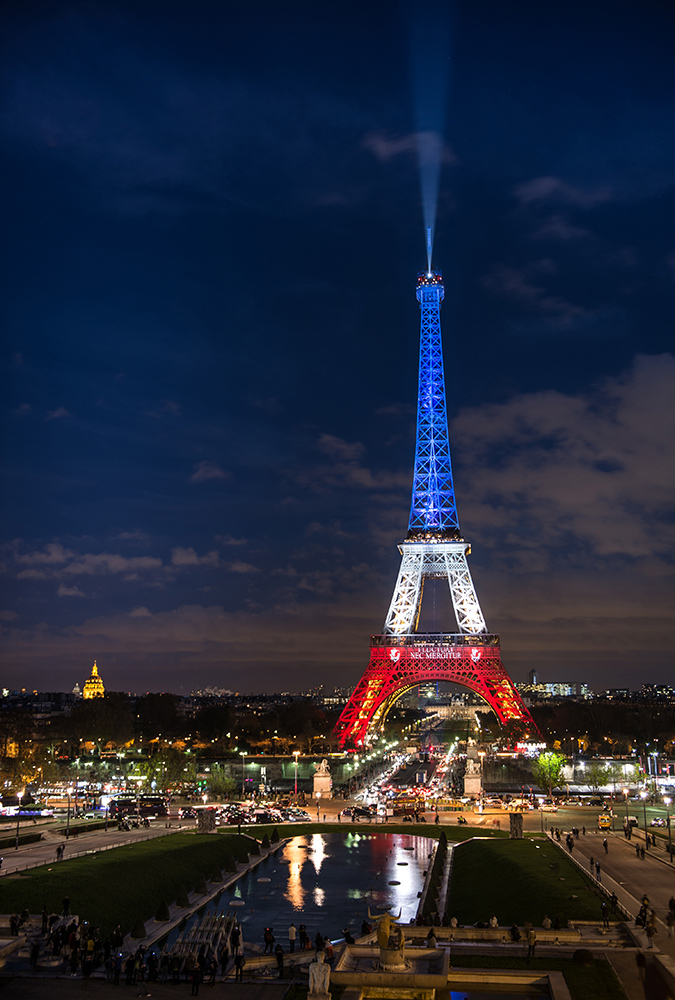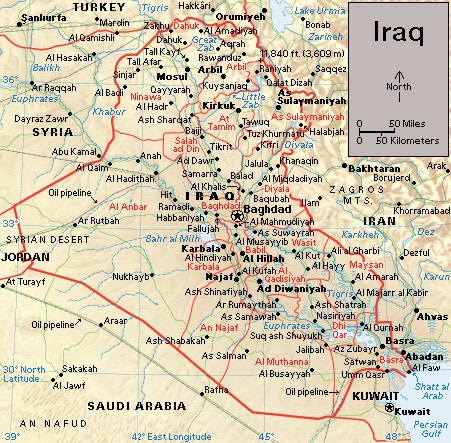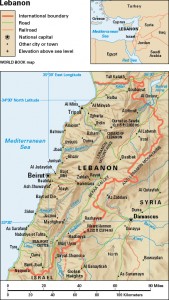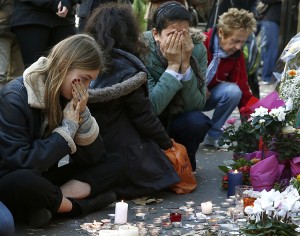Terror Attack Mastermind Dies in Paris Police Raid
Thursday, November 19th, 2015November 19, 2015
French authorities announced today that the suspected mastermind of last Friday’s deadly Paris attacks was killed in a police raid in a Paris suburb early yesterday. Authorities said a fingerprint analysis confirmed the death of Islamic State, or ISIS, terrorist suspect Abdelhamid Abaaoud. It was not immediately determined whether Abaaoud died from police gunfire or blew himself up during the raid on an apartment in Saint-Denis, north of Paris.

The Eiffel Tower is lit up in the red, white, and blue of the French flag, in tribute to the victims of the Paris terrorist attacks. Credit: © Rex Features/AP Images
Authorities say a woman who was with Abaaoud also died in the operation, by detonating a suicide belt when elite police forces stormed the apartment. Eight people were arrested. Authorities have linked Abaaoud, a Belgian national, to several foiled attacks earlier this year that involved a church near Paris and a high-speed train bound for the French capital.
On Friday, November 13, Paris was rocked by a series of coordinated terrorist attacks that left 129 civilians and 7 terrorists dead. Hundreds of civilians were wounded, some critically. French President François Hollande called the attacks an “act of war.” The Islamic State took responsibility for the massacre. President Hollande closed the borders to France and issued a curfew for Paris and a state of emergency for the entire nation.
The attacks began when a bomb was detonated outside the Stade de France, the national sports stadium, just north of the city limits of Paris. A soccer game was in progress between Germany and France, with 80,000 people at the stadium at the time, including President Hollande. The president and other fans were safely evacuated. About 5 minutes after the first attack, gunmen opened fire on patrons at a bar and two restaurants. Soon after, the deadliest attack of the night took place at the Bataclan theater, where a sold-out concert by the American rock band the Eagles of Death Metal was being held. Terrorists entered the theater and began shooting AK-47 assault rifles into the crowd of some 1,500 people. The terrorists then gathered up some 100 people to hold as hostages. French security forces stormed the Bataclan soon after, but the terrorists blew themselves up, killing 8 hostages. Eighty-nine people died at the Bataclan.
On Saturday, November 14, police in Belgium stopped a car that had been used in the Paris attacks. The stop led to raids and arrests in Belgium as police searched for accomplices. A manhunt for more attackers was also underway in France. On Sunday, French warplanes launched air strikes in retaliation on the Syrian city of Ar Raqqah, the Islamic State’s de facto capital. The French strikes were reported to have hit the terrorist group’s command center, a training facility, and an arms depot. France has been active in the fight against the Islamic State in Syria.
The Paris attacks came after two earlier attacks by the Islamic State in as many weeks. On October 31, a Russian airliner crashed in Egypt, killing all 224 people aboard. ISIS claimed responsibility. On November 16, Russia confirmed that the plane was brought down by a homemade bomb planted in the plane’s cargo hold. Russia had recently entered the fight in the Syrian civil war. On November 12, Islamic State bombings in Beirut, Lebanon, killed more than 40 people. The bombs were set off in a Hezbollah stronghold; the group has been fighting in the Syrian civil war on the side of Syrian President Bashar al-Assad and against the Islamic State.
Paris had been on high alert since January 2015, when Islamist gunmen attacked the Paris offices of the satirical magazine Charlie Hebdo. Eleven people in the building were killed. The attacks took place over three days and resulted in the deaths of 20 people in total.





